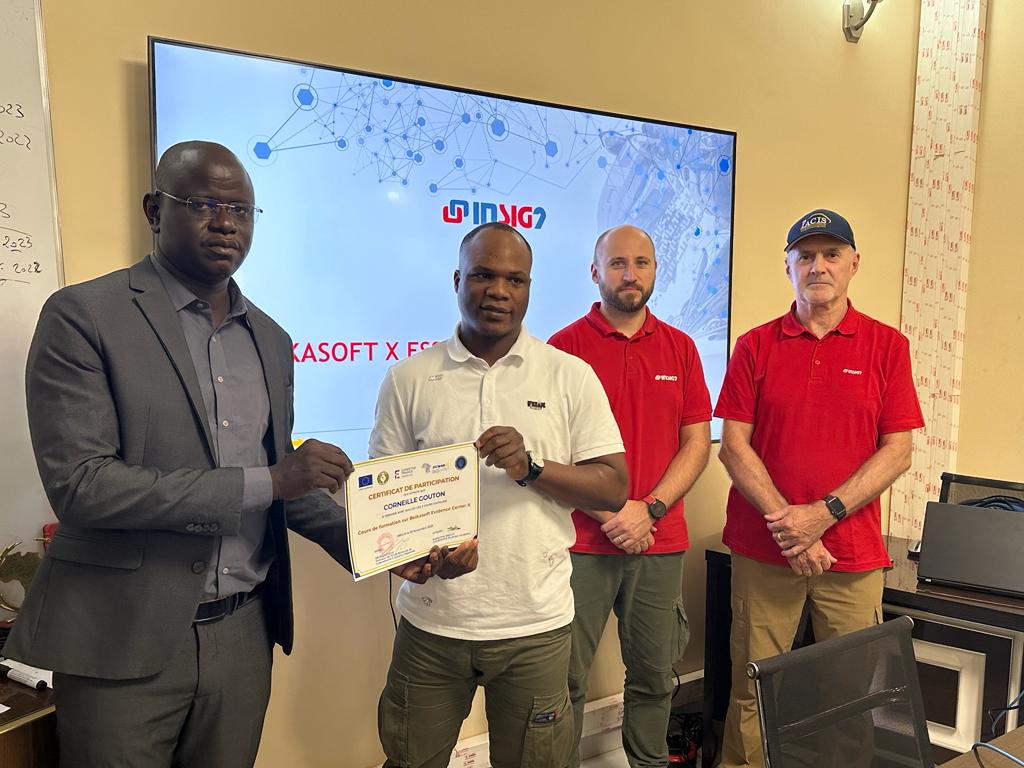Paris, France
8-9th November 2023
Under the aegis of the International Network of National Judicial Trainers
Organised by the GLACY+ and OCWAR-C projects
Given the threat posed by cybercrime and the growing importance of electronic evidence in criminal proceedings, there is a clear need to integrate a course on cybercrime into regional training programmes for judges and prosecutors. It is essential that judges and prosecutors are trained in these emerging topics and that they acquire the necessary basic skills. Special efforts are therefore required to enable judges and prosecutors to prosecute and try cybercriminals and to use electronic evidence through training, networking and specialisation.
The Council of Europe’s Cybercrime Programme Office and the OCWAR-C project are working to build criminal justice capacity in cybercrime and electronic evidence in ECOWAS member states and Mauritania. This partnership has resulted in the successful organisation of joint activities with positive spin-offs in West Africa. Cooperation has particularly focused on capacity building for senior criminal justice officials in West African states. Essentially, beneficiaries have learned how to investigate, prosecute and judge cybercrime-related cases, through joint training with the judiciary, public prosecutors and law enforcement agencies as the primary focus.
Substantial actions and measures have been taken at national and regional level to ensure specialised and adequate training for judicial services and public prosecutors, including with the support of capacity building projects, but much remains to be done in this direction.
Since 2019, the Council of Europe, through its Cybercrime Programme Office (C-PROC), has been supporting the community of national judicial trainers by creating the International Network of National Judicial Trainers (“the Network”). In 2021, a survey on the state of judicial training on cybercrime and electronic evidence was conducted among members of the Network. The survey revealed that there are major disparities between judicial training strategies, and at least half of those questioned said that their country did not have one.
In the long term, it will be imperative to continue discussions on integrating judicial training on cybercrime and electronic evidence into the curricula of training schools, preferably as part of broader training strategies adopted by training schools for judges and prosecutors.






